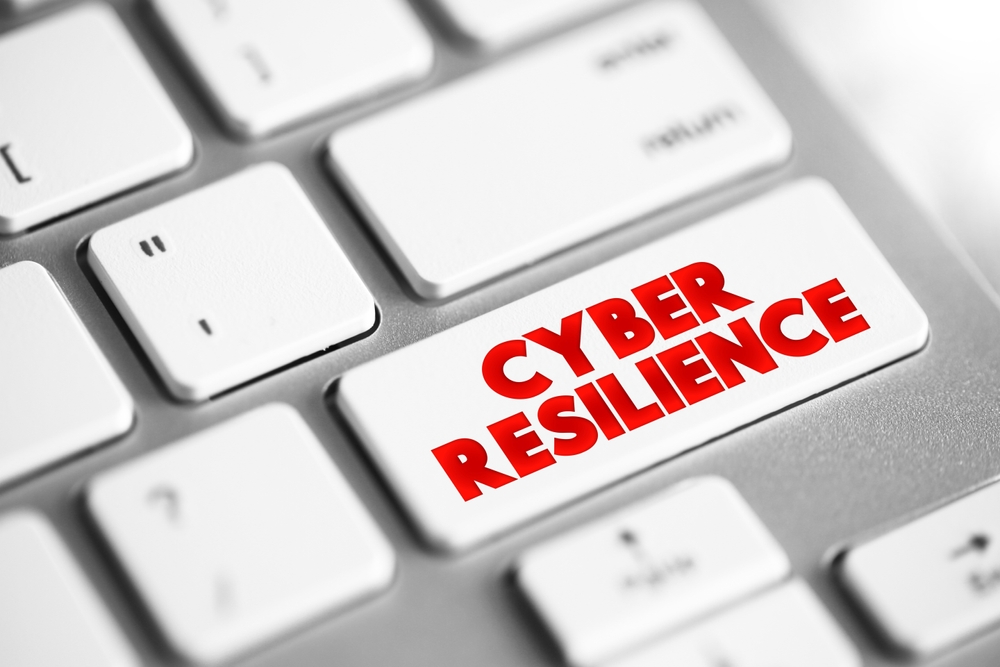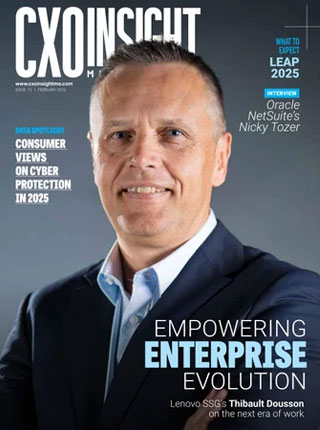What is the state of blockchain adoption in the Middle East region?
Globally, UAE has one of the most advanced deployments of practical blockchain technology that we have seen, leading other countries by almosteight months. In this region, we have seen interest from some oil & gas brands in Saudi Arabia. While there is interest from the financial sector and government bodies in the region, UAE stays far more advanced in their adoption of blockchain technology. The Dubai 2020 initiative is particularly impressive as it drives the adoption of real innovation.
What are the biggest barriers to blockchain adoption?
Mostly, people don’t understand what blockchain really is; some equate it to bitcoin while others are convinced that they can enjoy its benefits with a database.
As with any new technology, the hype cycle can be distracting. The rise and fall of the ICO (initial coin offerings) industry and volatility in the bitcoin market have stimulated interest and created fear in the practical applications of blockchain.
What are the most popular use cases for blockchain?
First would be FinSec where there is interest in revamping the payment networks to improve cost and drive better transparency of transactions. Supply chain is another popular use case where chains of custody and product quality need to be audited dynamically for the life of the product. Next in line would be advertising where data and fraud have polluted the value of advertising online and in broadcast. Thus, this solution can solve tomorrow’s problems in segments where transaction volume and speed are paramount – namely finance, healthcare, advertising, government etc.
How are b lockchain solutions being implemented?
lockchain solutions being implemented?
Slowly. We are seeing providers use a variety of vendors to build wallets, ledgers and cloud layers to accomplish their goals. Most PoCs today engage ‘blockchain’ in an ecosystem ASP model where they take multiple vendors, technologies and clouds to combine them for the desired result.
Within the next three years, as the hype is mediated and dies down, more streamlined products will become available and notions of using blockchain-as-a-service (BaaS) will be reserved for more transactional use cases.
Typically, the opportunity for this technology sits with the CISO or the CTO as they realise the benefits of blockchain in a similar way they saw the advantages of SSL and cloud compute many years ago. It is compelling to think of this technology alongside AI and cognitive capabilities where data inside the ledger can be manipulated or used to create new value not recognized before.









Discussion about this post